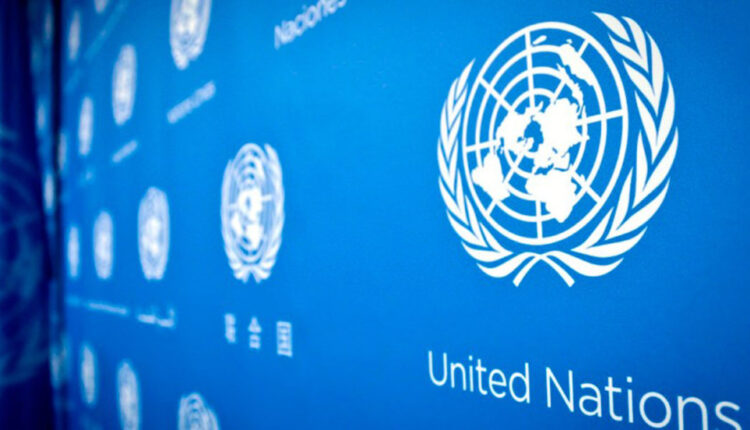The United Nations (UN) and the National Human Rights Commission (NHRC) have jointly called for the full implementation of the United Nations Guiding Principles on Business and Human Rights (UNGPs) in Nigeria.
This call was made during a two-day National Dialogue on Business and Human Rights held in Abuja. The workshop, organized by the NHRC in collaboration with the UN Human Rights Office (OHCHR), the United Kingdom Foreign, Commonwealth and Development Office (UK FCDO), and the Government of Norway, aimed to deepen stakeholder engagement on the subject.
According to the News Agency of Nigeria (NAN), Nigeria has already adopted the UN Guiding Principles into its National Action Plan on Business and Human Rights (NAPBHR), a step that experts say could enhance the country’s reputation as a trusted, investment-friendly economy.
Mr. Mohamed Fall, the UN Resident and Humanitarian Coordinator in Nigeria, commended the country for its efforts to prevent and address business-related human rights abuses.
He said, “The National Action Plan on Business and Human Rights is a national commitment to protect human dignity, preserve the environment, and ensure that economic progress benefits everyone. Its adoption and now its implementation have truly raised hopes for more effective management of human rights risks by businesses.”
Fall noted that the plan reflects Nigeria’s broader commitment to the Universal Declaration of Human Rights and the Sustainable Development Goals.
“When fully implemented, the National Action Plan will align Nigeria’s economic goals with its human rights obligations, including in the face of business-related human rights abuse,” he said. “It lays a strong foundation for ethical business conduct essential for sustainable growth in Africa’s largest economy.”
He emphasized that Nigeria’s efforts will foster a business environment that attracts responsible investment and promotes inclusive prosperity.
“Human rights support sustainable business practices that deliver long-term value to society at large. They also make eminent business sense. But policies alone do not bring change. Real progress comes from inclusive engagement with key stakeholders, from civil society, private sector leaders, government institutions, academia, and most importantly, affected communities,” Fall added.
He reaffirmed the UN’s support through various arms, including the Office of the High Commissioner for Human Rights, UNDP, the UN Global Compact, and the entire UN Country Team, to help Nigeria develop policy frameworks aligned with international standards.
Fall praised the NHRC for its leadership in organizing the dialogue and expressed gratitude to the UK and Norwegian governments for their support.
“As Nigeria deepens its role in the African Continental Free Trade Area, it has a chance to lead not just economically, but also by mitigating the growing impact of globalised value chains on human rights,” he concluded.
Also speaking, NHRC Executive Secretary Dr. Tony Ojukwu, SAN, said the NAPBHR is designed to align Nigeria’s economic and business practices with the UNGPs.
“The Action Plan provides a practical framework for government, businesses, and civil society to work together to prevent, mitigate, and remedy human rights abuses linked to business operations,” Ojukwu said.
“It sets clear benchmarks and allocates responsibilities to ensure measurable progress and accountability across all business sectors. A cornerstone of our progress has been the establishment of the National Working Group on Business and Human Rights comprising several stakeholders,” he added.
Ojukwu described the workshop as an opportunity to strengthen collaboration, share insights, and chart a roadmap for effective implementation of the plan.
Declaring the workshop open, Attorney-General of the Federation and Minister of Justice, Lateef Fagbemi, SAN, said the Federal Government is committed to turning policy into practice.
“As we move from policy to practice, the government is spearheading nationwide awareness campaigns, institutional capacity building, and targeted engagement with both public and private entities,” he said.
Fagbemi explained that mechanisms are being developed to improve access to justice, promote transparency in business operations, and empower vulnerable communities.
“The country is adopting a holistic approach in addressing these issues; from employment practices to environmental sustainability, gender equality, land rights, and security,” he added. “We are determined to ensure that the implementation of this Action Plan is inclusive and impactful.”


